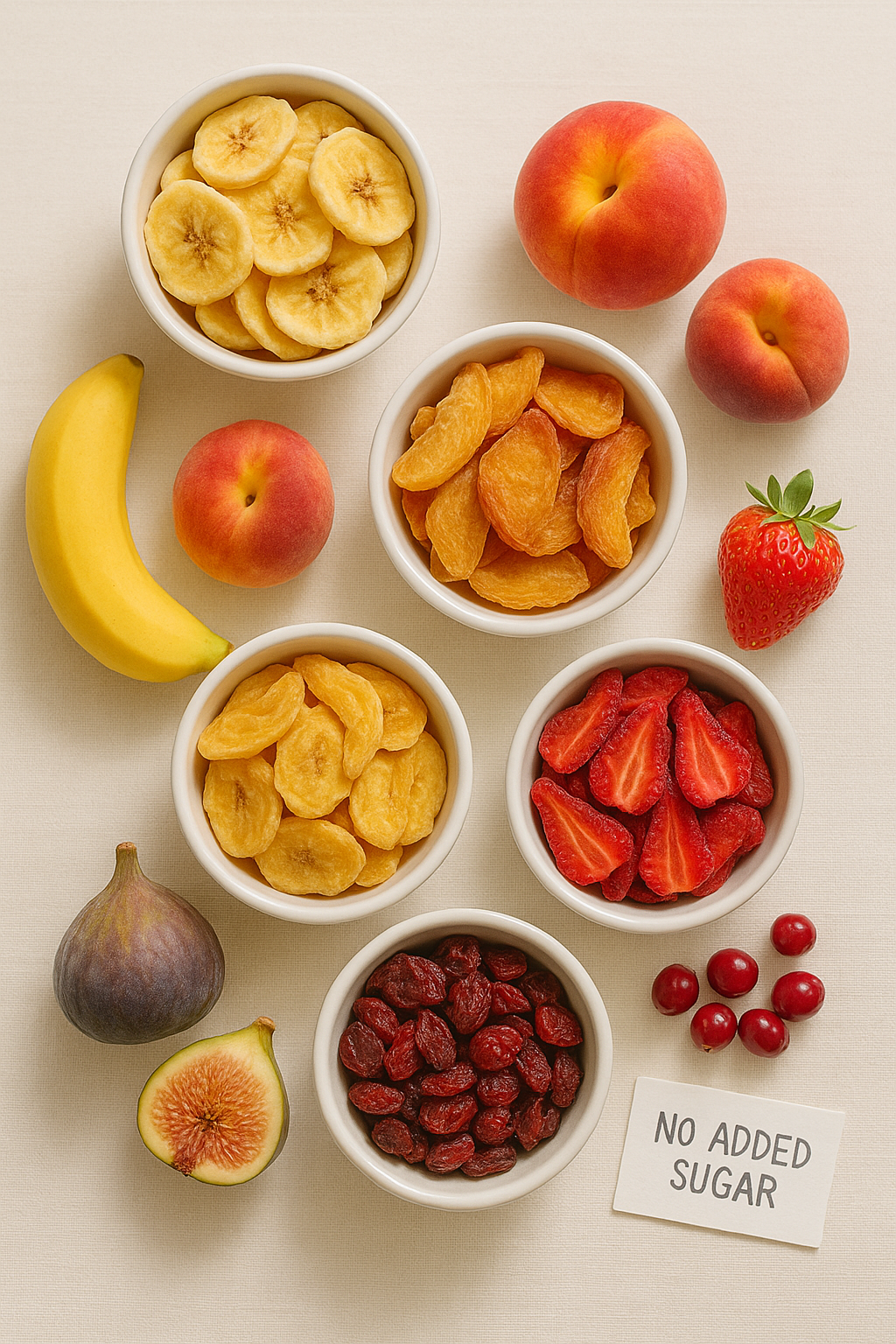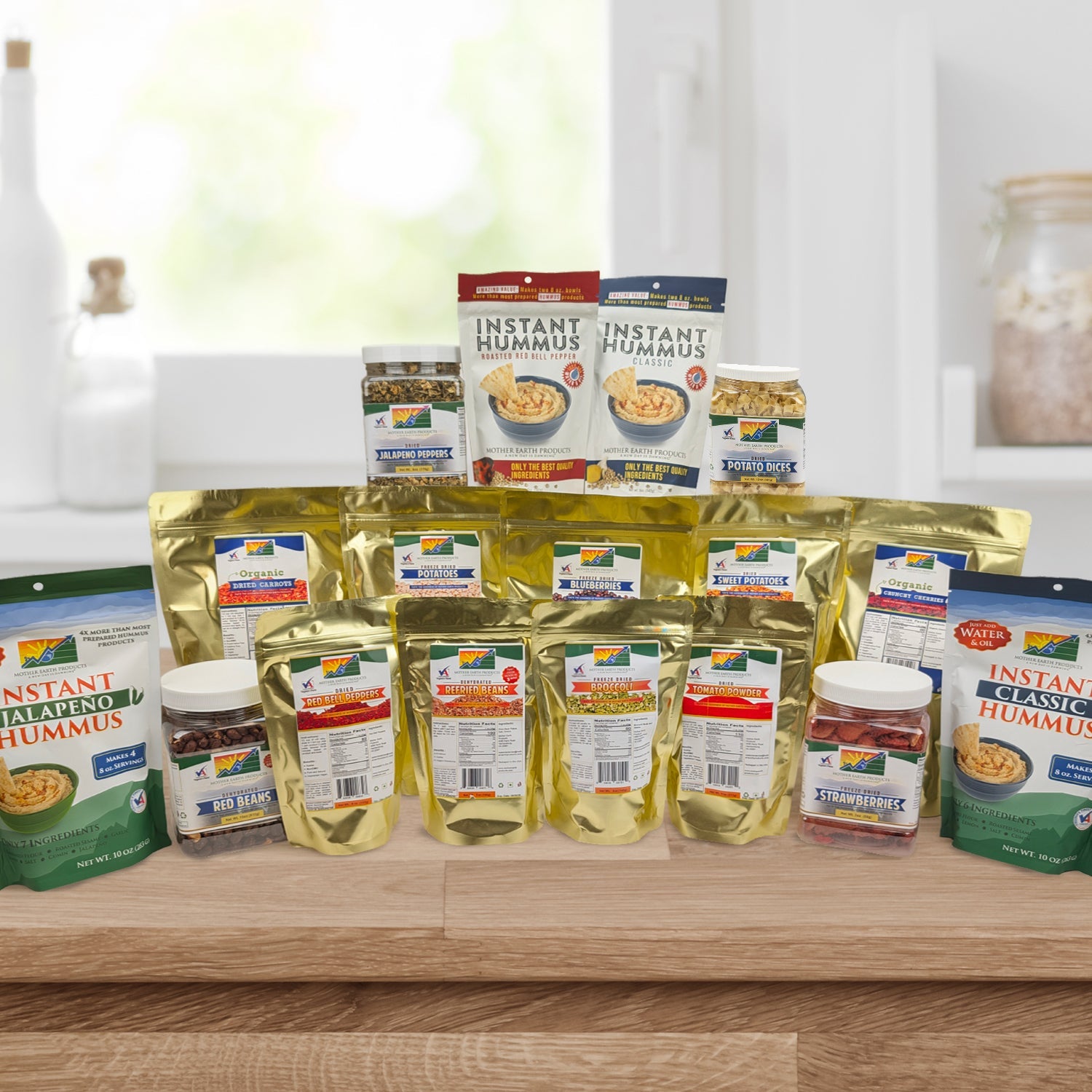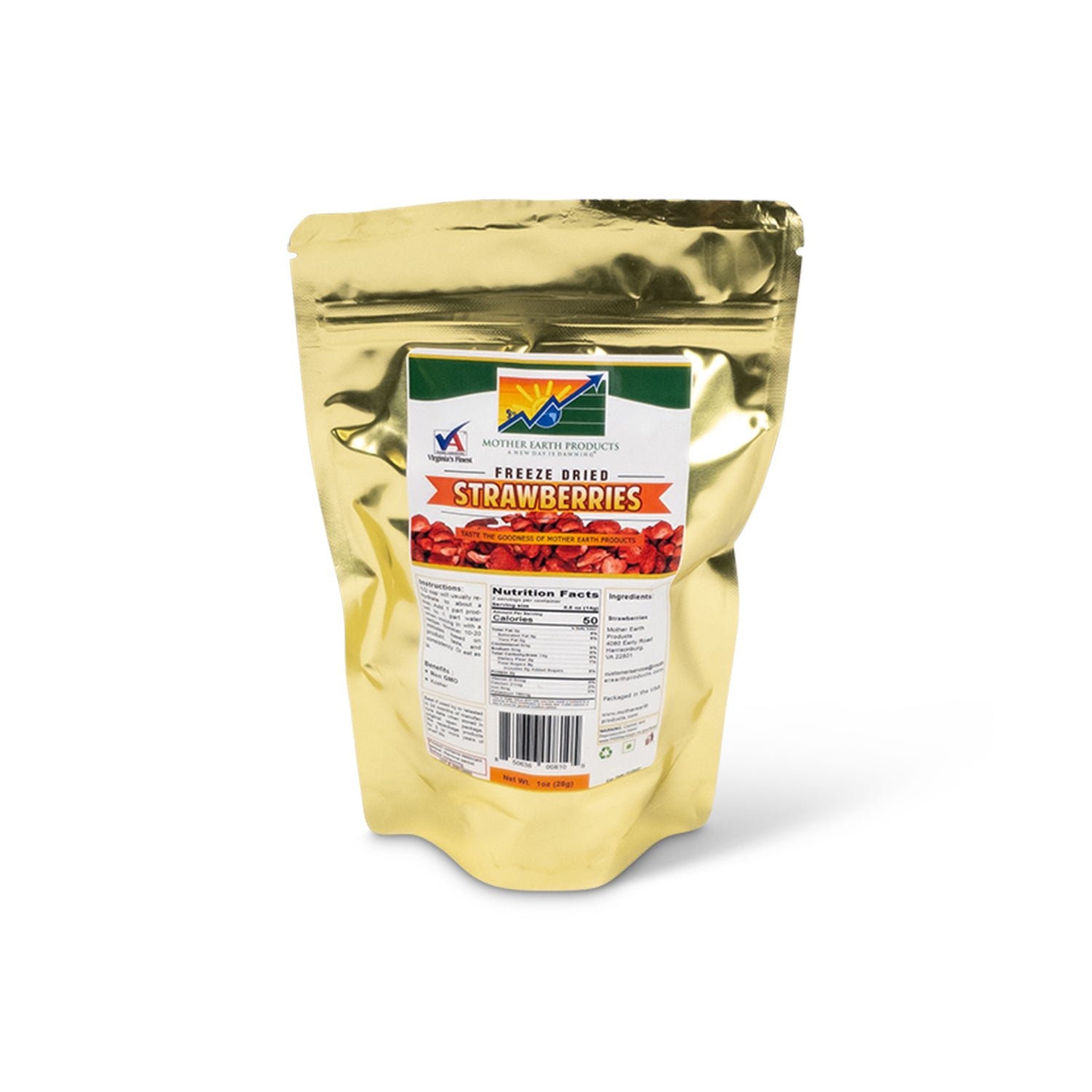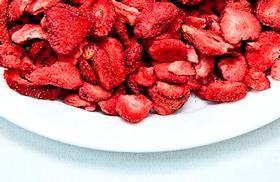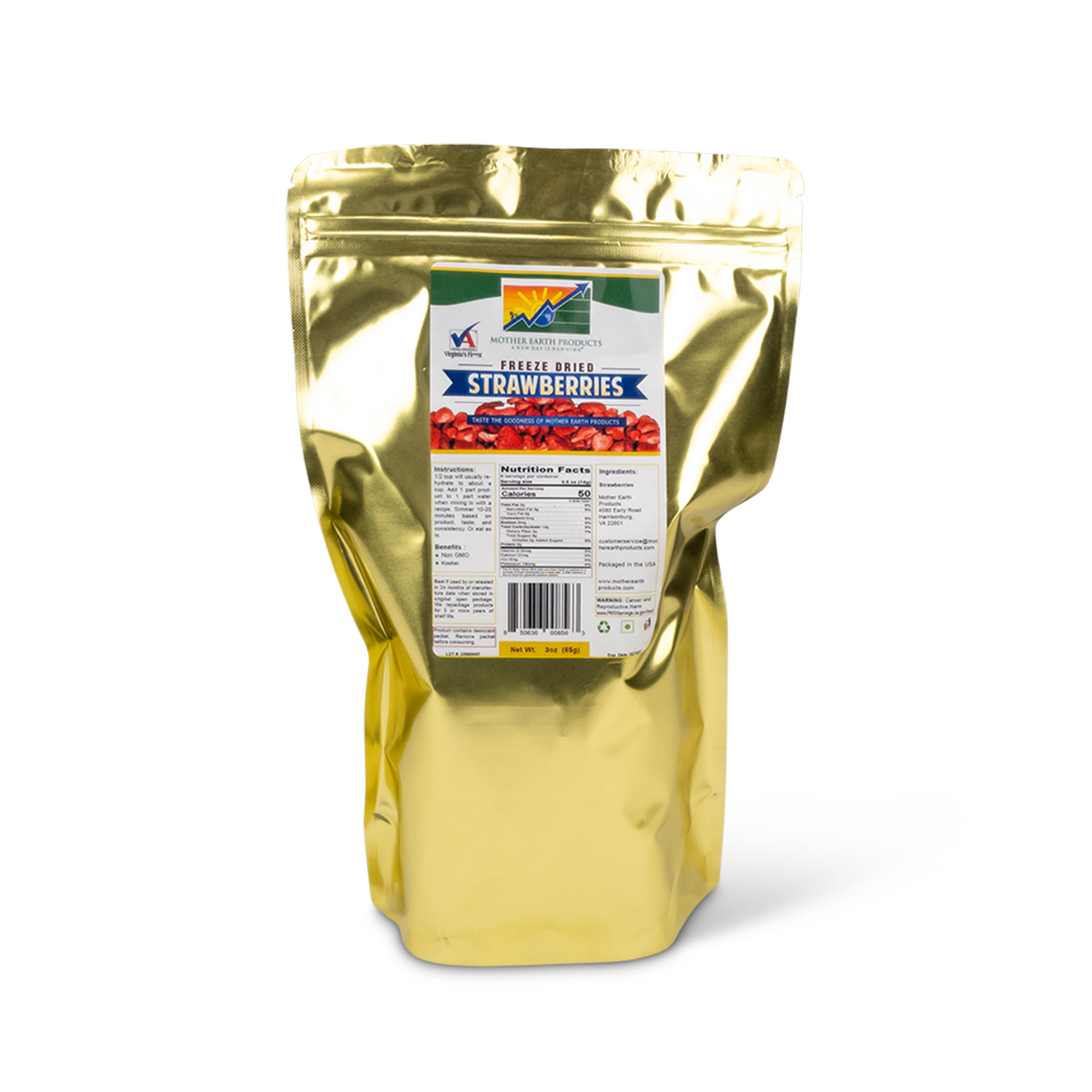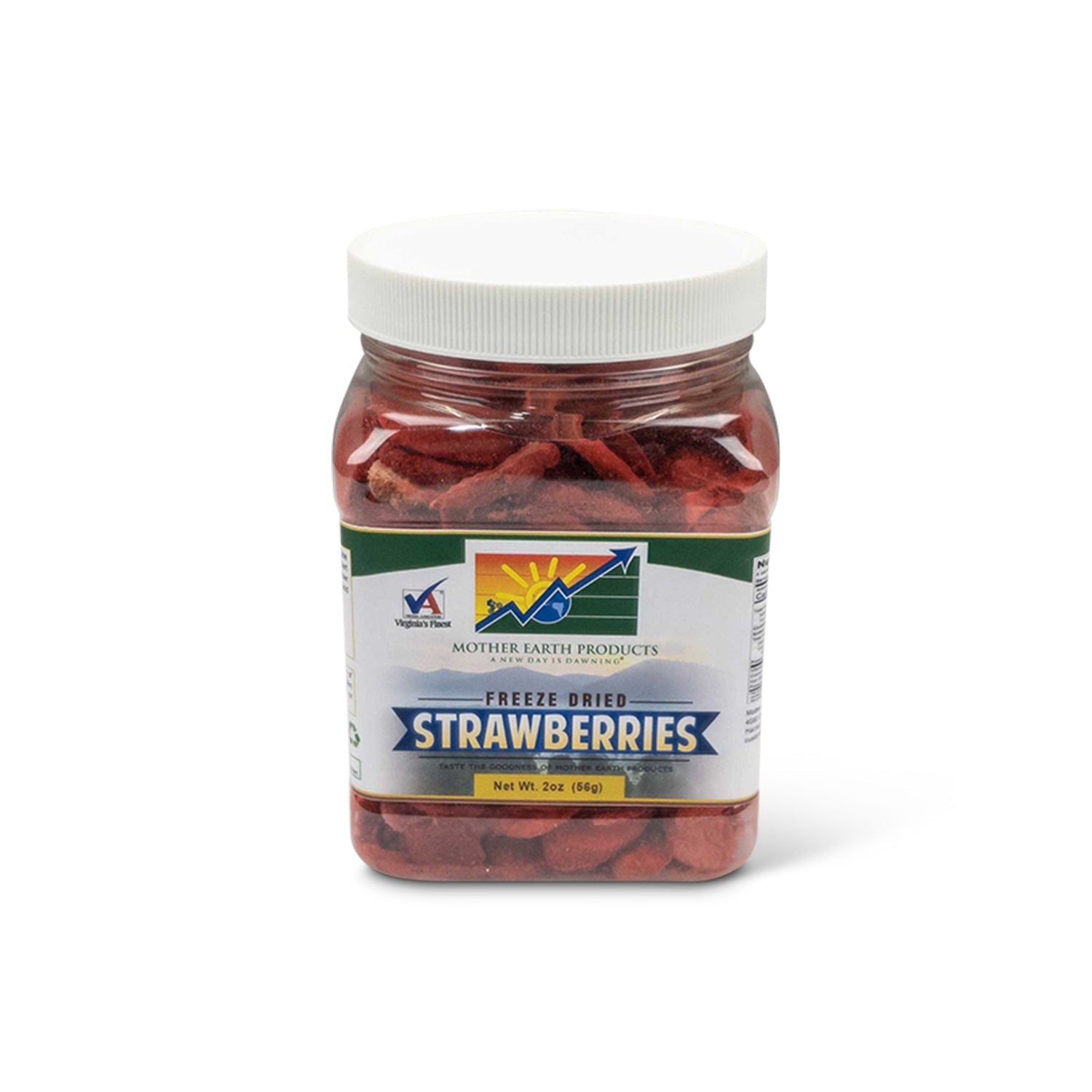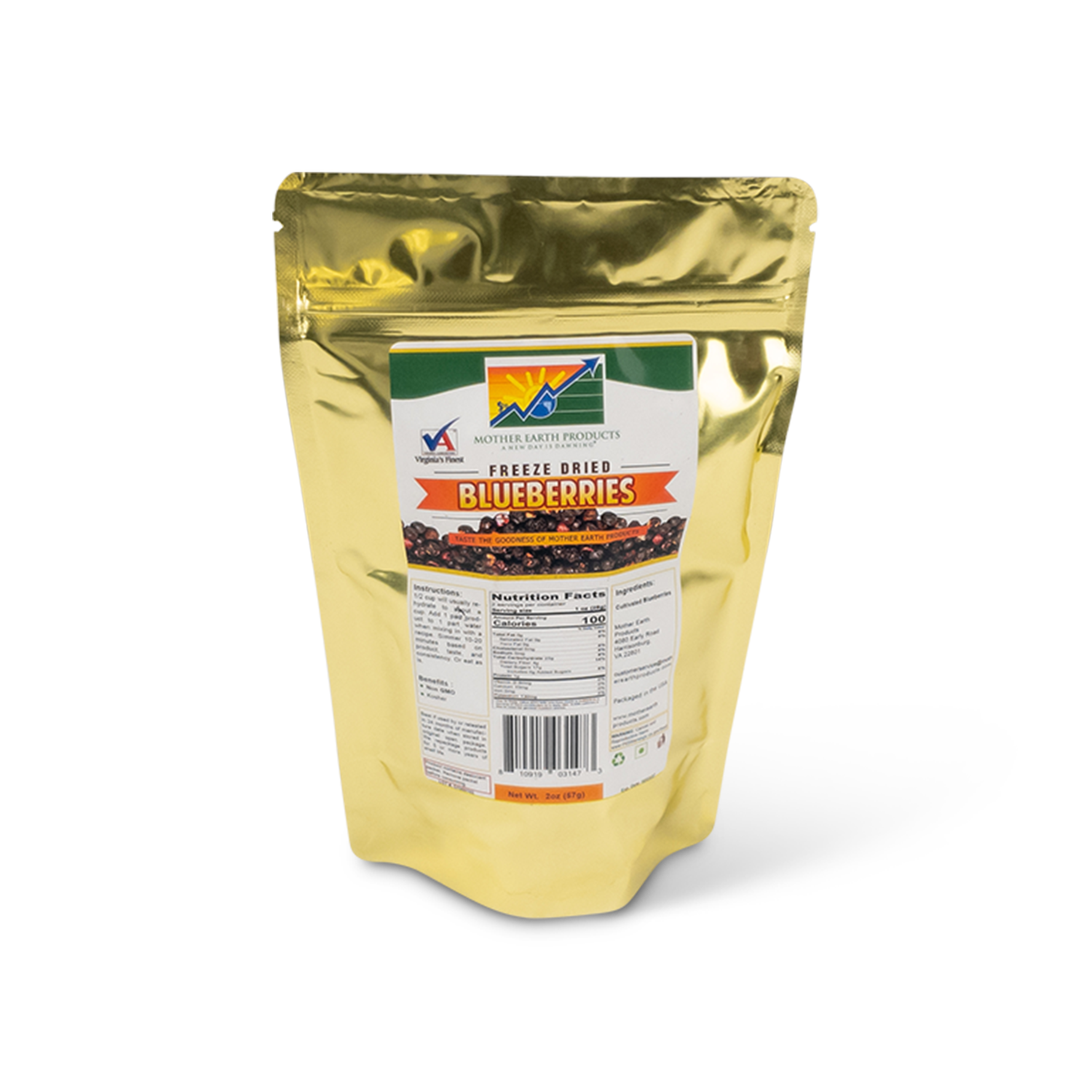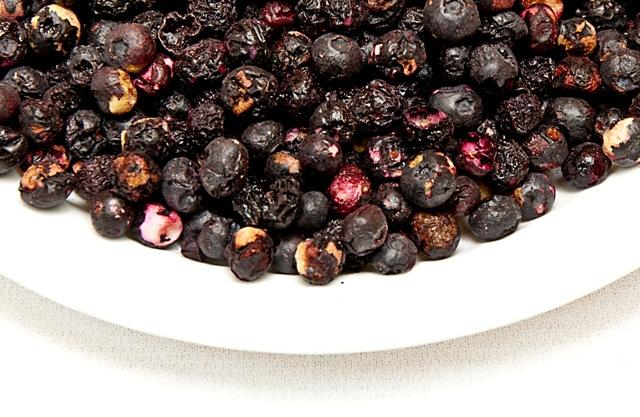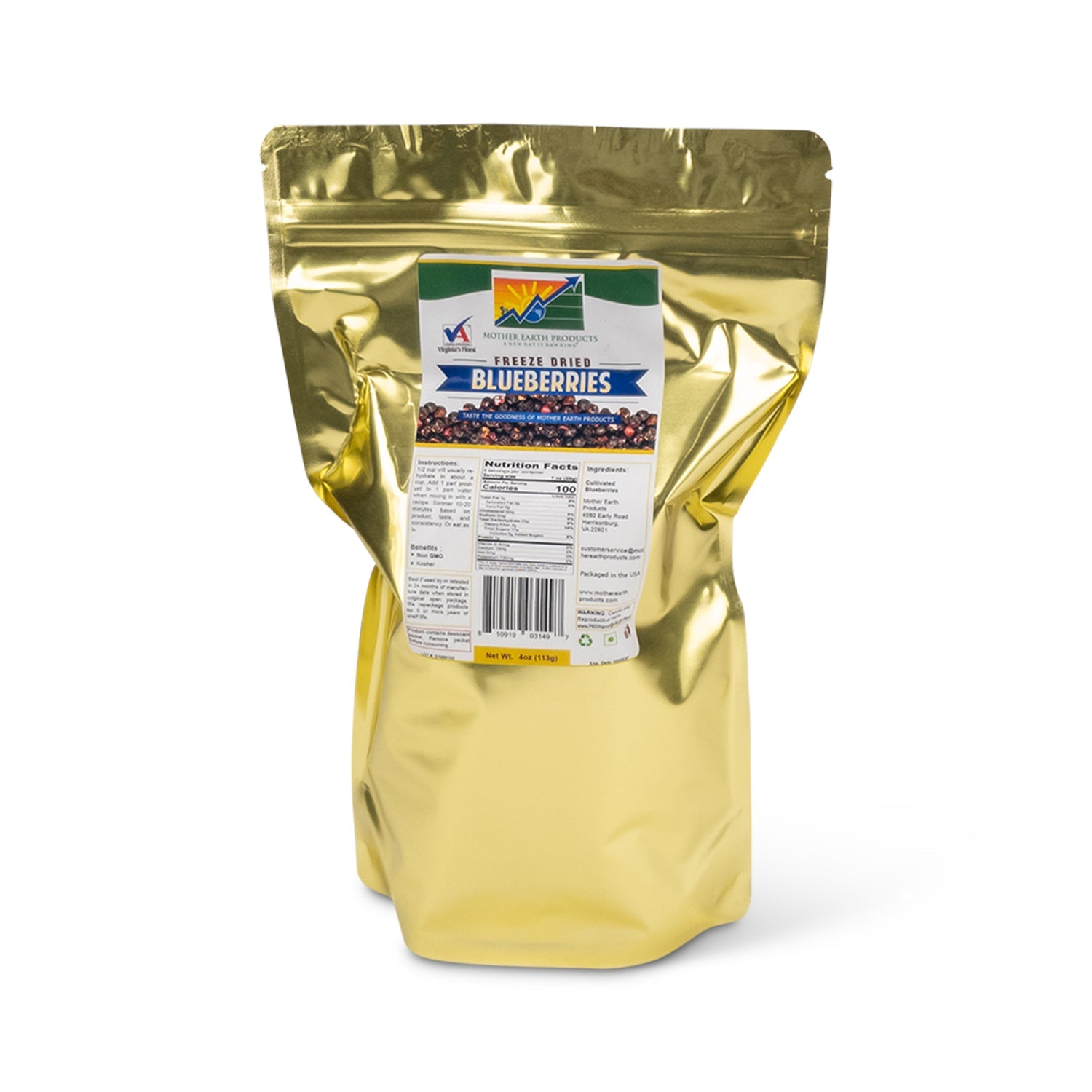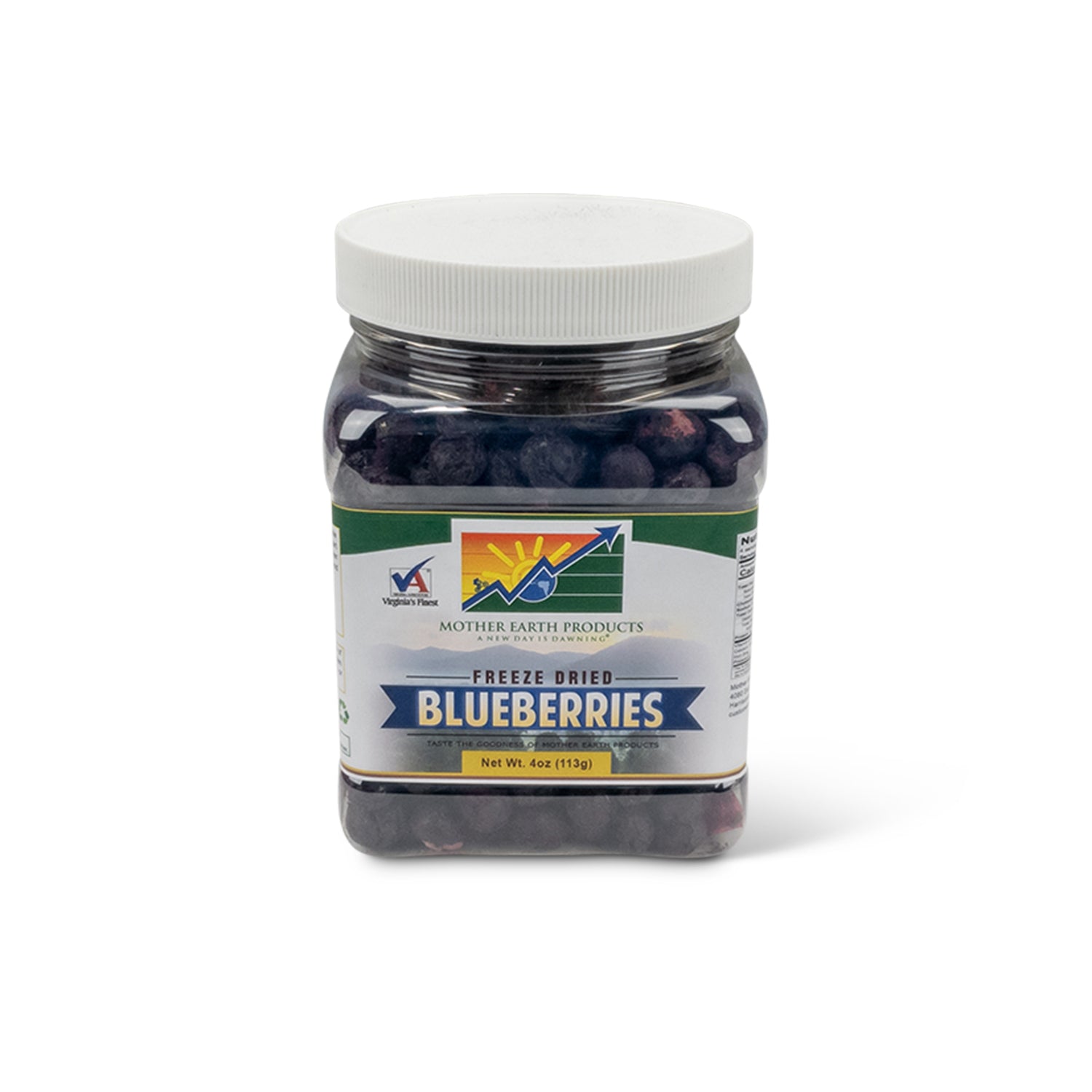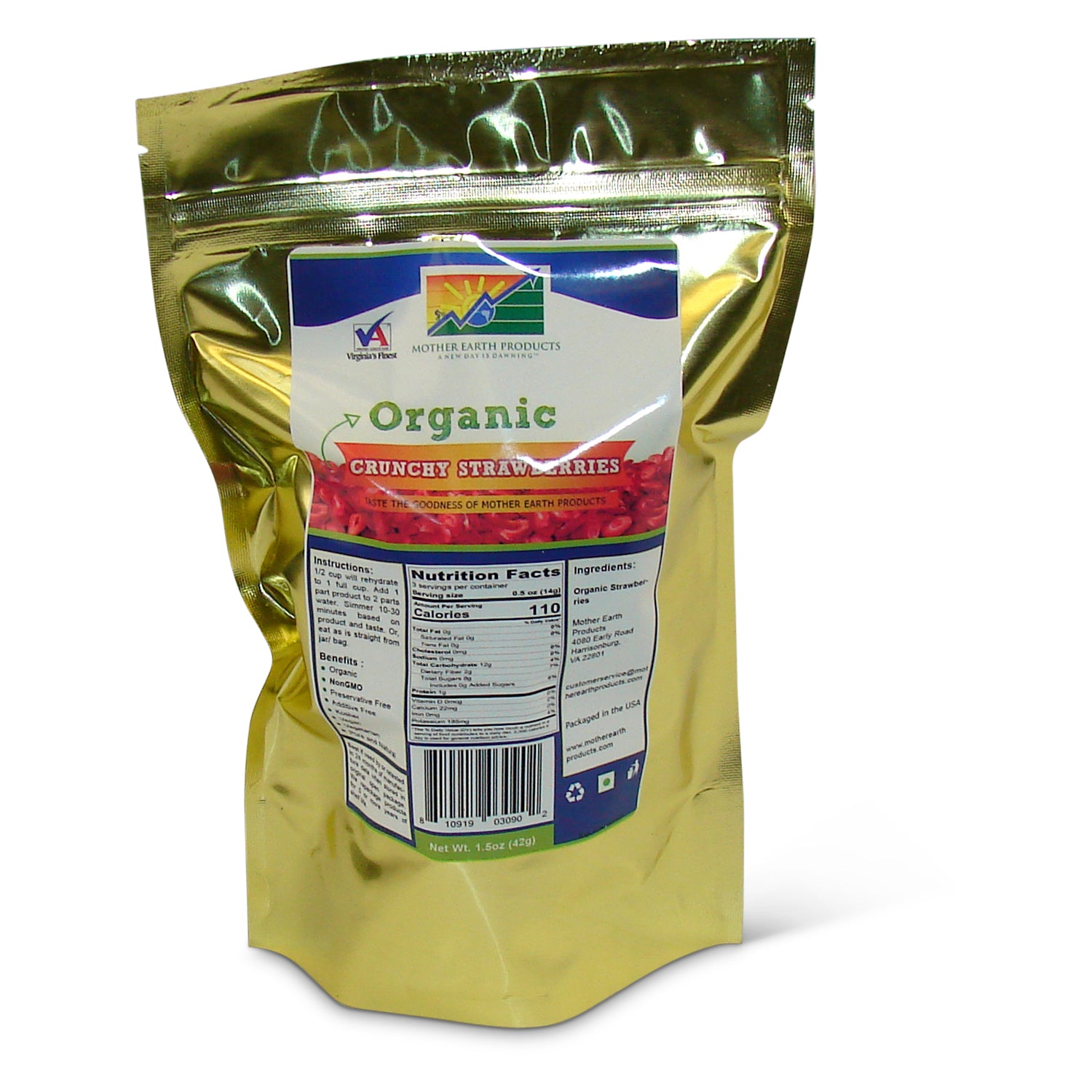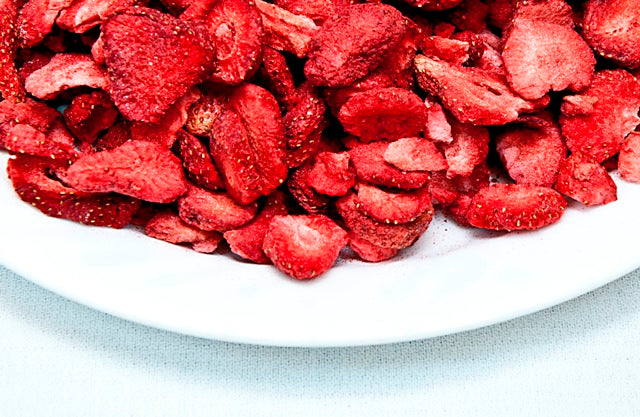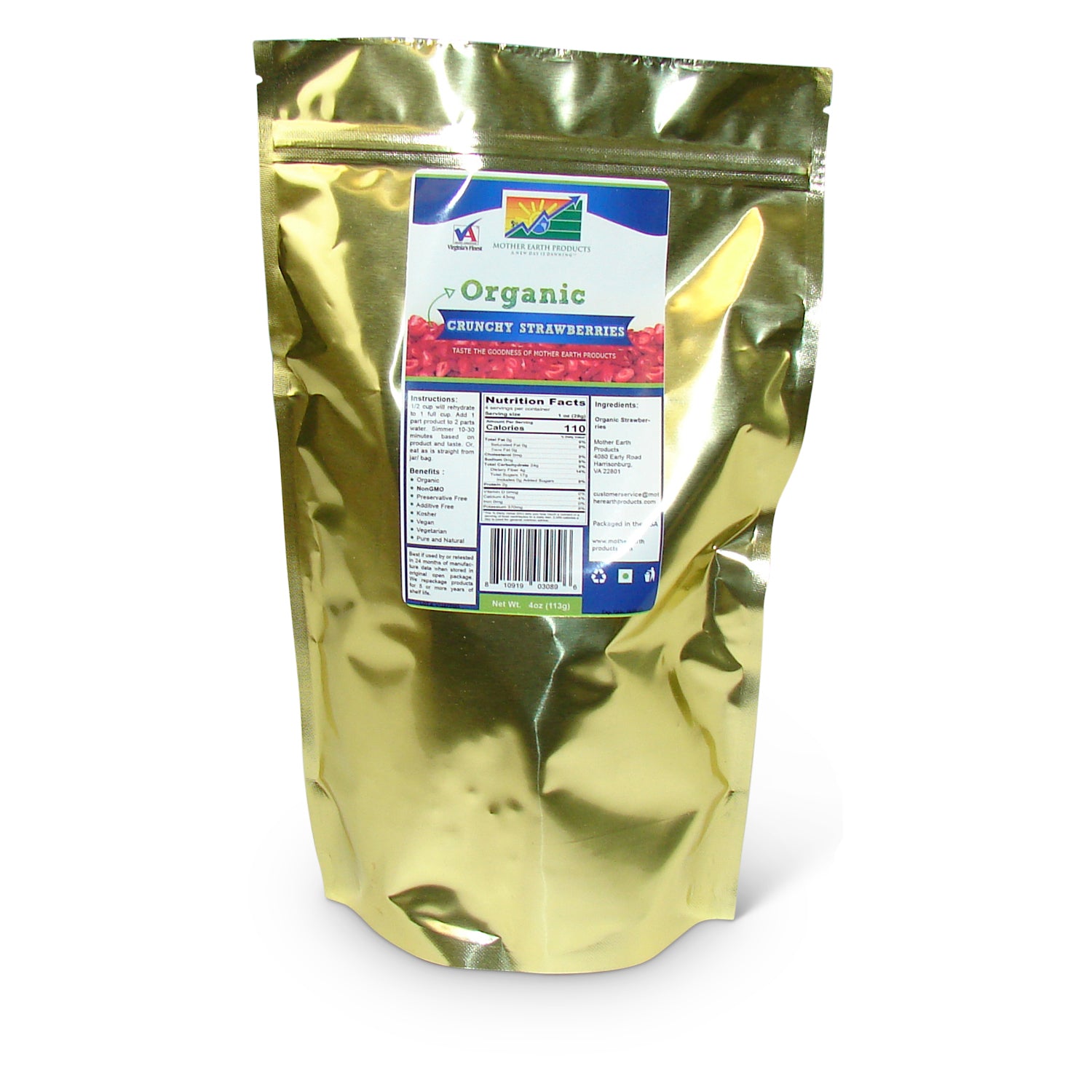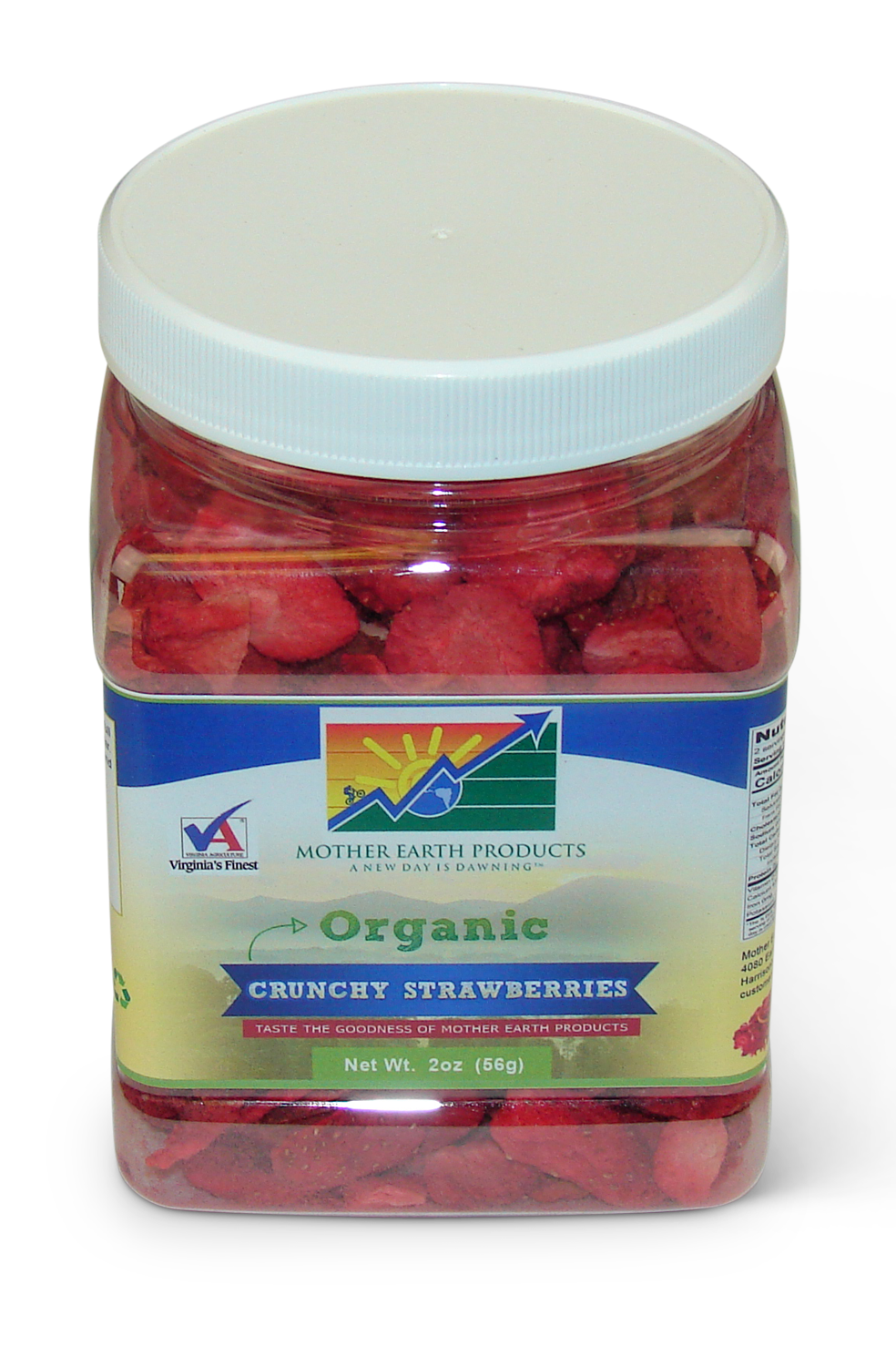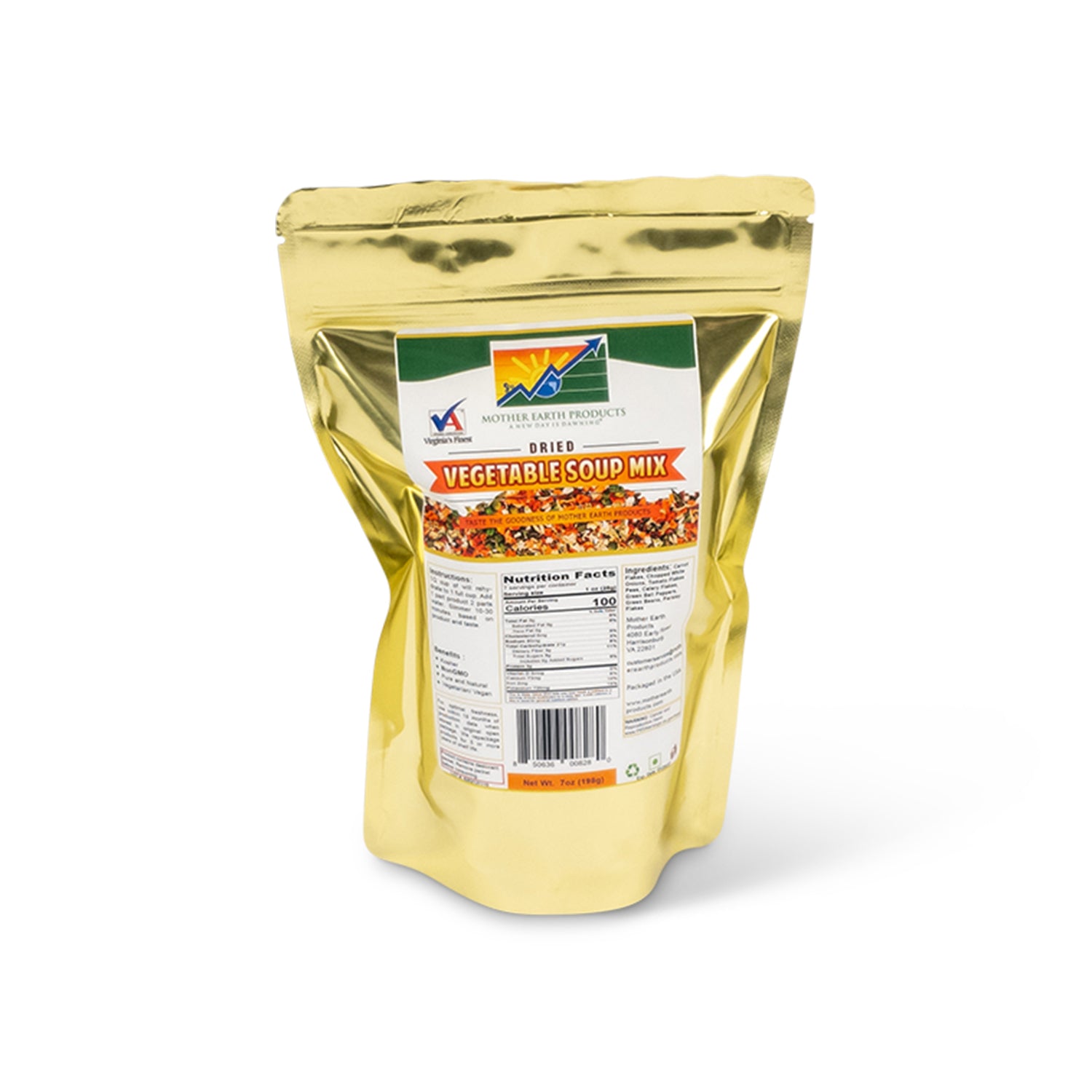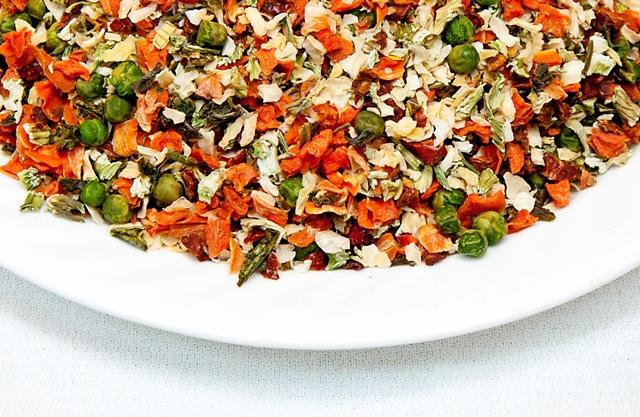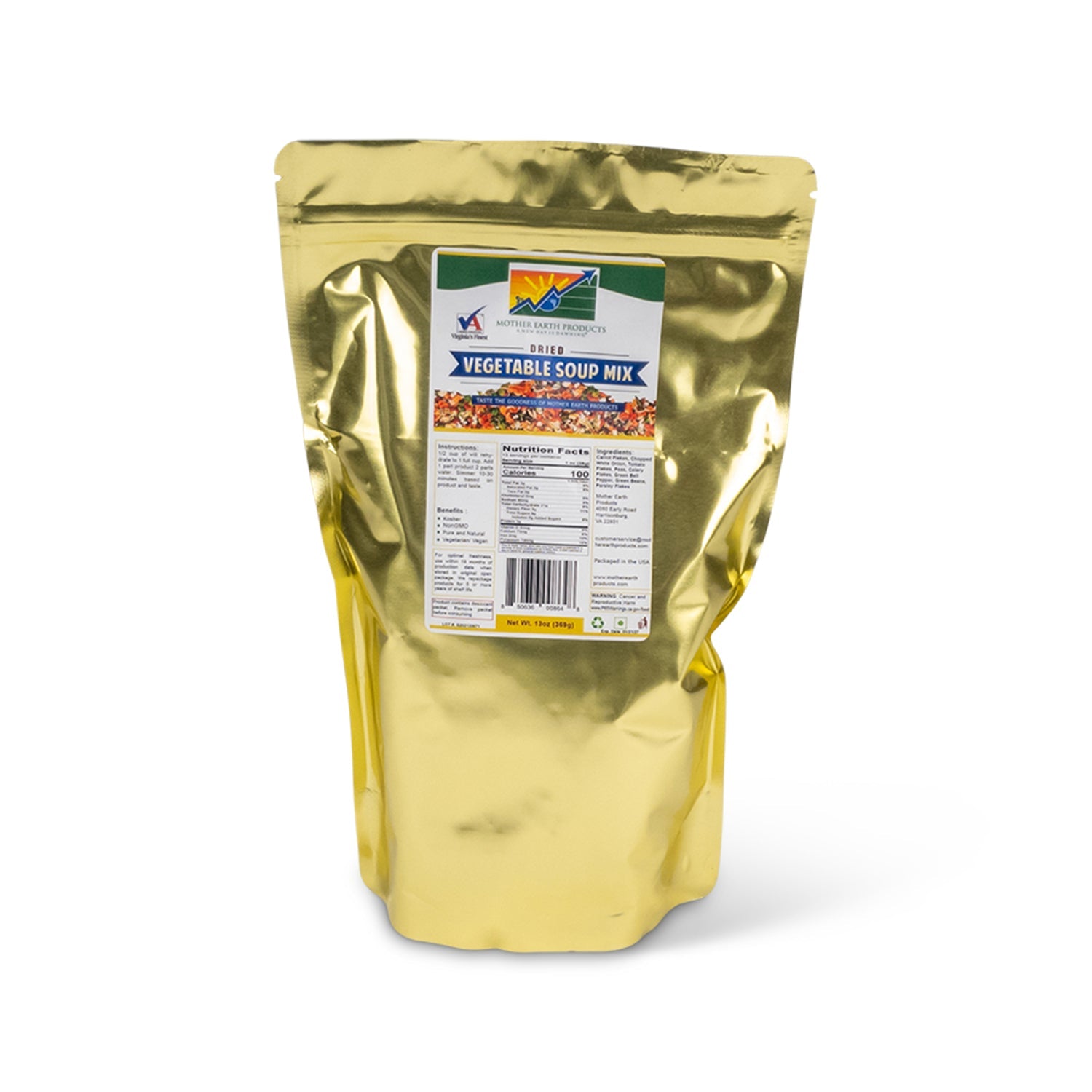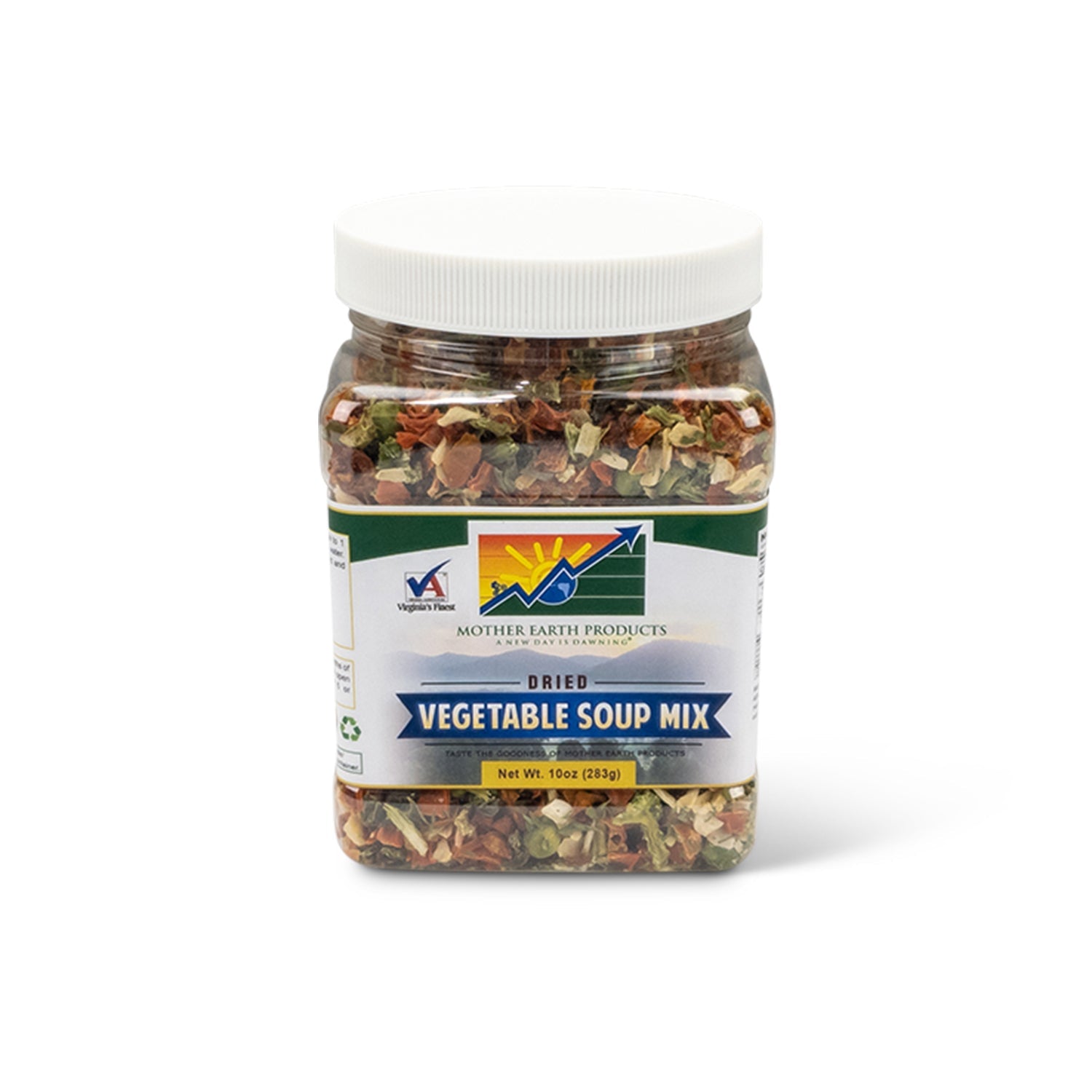You are in a mood for a healthy snack, and you think of the fruits you bought last week. So, you head to the kitchen, only to find out that the bananas are bruised beyond recognition and the peaches are mushy. At this point, reaching for a handful of dried fruits seems like the best alternative. Wait a minute! Don't experts agree that dehydrated fruits are sugar bombs in disguise? Well, yes, but the truth goes way beyond a nutrition label. If you want to know what's up with this misunderstood food, here's what research has to say.
A New (Sugary) Perspective
When it comes to sugar, dried fruits are nothing like their fresh counterpart. The only problem with this claim? One cup of raisins(1) contains about 100 grams of sugar, while the same amount of fresh grapes(2) clocks in just 23.4 grams. Even though the numbers are self-explanatory, comparing dehydrated and fresh fruits based on volume alone is incorrect. Why? Because the dried version is smaller in size. So, we should instead compare the two kinds using an accurate unit of measurement - analyzing them piece by piece. This method shows that the calories and sugar in fresh and dried fruits are more or less the same, proving that both versions are equally healthy.
Small Size, Big Appetite
As the name suggests, dried fruits contain zero water. As they get stripped of their juices, they shrink, sometimes up to 75%. Take figs, for example: these plump, juicy fruits shrivel to the point of no return when they are placed in a dehydrator or left out in the sun. By turning into the bite-sized snacks we know and love, dried fruits are easy to overeat. More often than not, we end up eating more than we should in one sitting.
Added Sugar
Natural sugar is not the only type of sugar found in store bought dried fruits. Most brands tend to include lots of added sugar (artificial sweeteners, fruit juices, etc.) in an attempt to make the products more appetizing, because certain fruits, like cranberries, are kind of bitter and tart once dehydrated. Adding sugar to these fruits turns them into calorie bombs, which is why many people think dried fruits should be avoided at all costs. But, keeping these treats away from your pantry is not the solution. Instead, look out for a brand without sugary additives and preservatives, like Mother Earth Products .
To The Rescue
Another reason to keep dried fruits in your weekly (if not daily) menu is the nutrients. Despite their unique size-to-sugar ratio, dried fruits don't spike sugar levels like other snacks (candy, pastries, or chips). This makes them a healthier snacking option. Research(3) also proves these treats contain significant amounts of antioxidants, which help your body deal with oxidative stress and a variety of metabolic diseases. They are packed with other nutrients(4) including fiber, calcium, and vitamin A, C and K. All of these nutrients play a huge role in healthy weight management, to help you shed the extra pounds and keep fat buildup at bay.
Long Shelf Life
Dried fruits come with a long shelf life - an excellent choice when fresh produce is not an option. Whether you are a regular hiker or a weekend camper, these snacks are the best way to provide your body with enough energy to complete your tasks.
Final Thoughts
In terms of risk and reward, dried fruits can be readily described as the Dr. Jekyll and Mr. Hyde of snacking. While they come with some major benefits, including weight management, portability, and long shelf life, they could also affect your health because of added sugars or overeating. To avoid such scenarios, make sure you consume enough to keep your sweet tooth satisfied, and always trust brands that support the no-added-sugar philosophy. If you don't know where to start, Mother Earth Products is the way to go. Thanks to our no additive attitude and family friendly approach, we provide you with high quality dried fruits all year round. #BuildingHealthyHabits
References:


